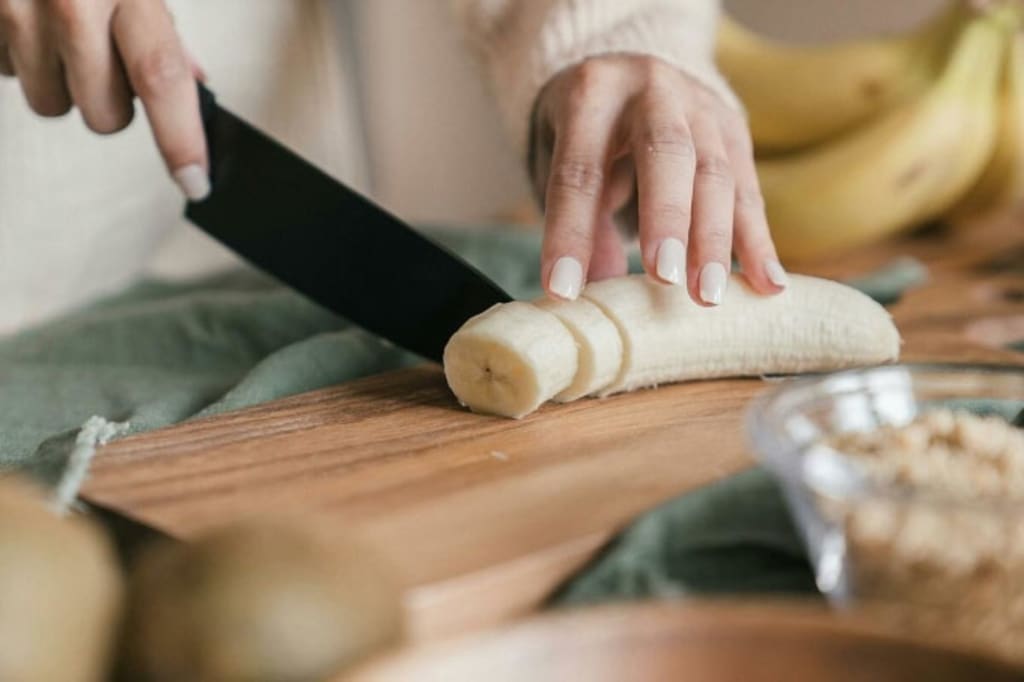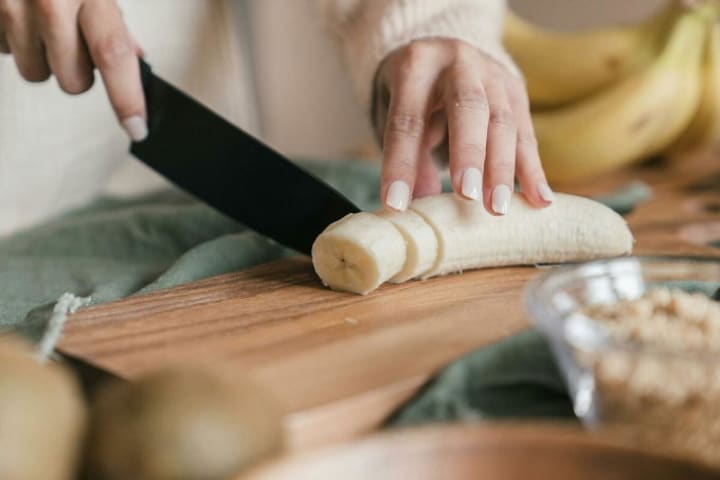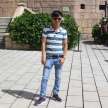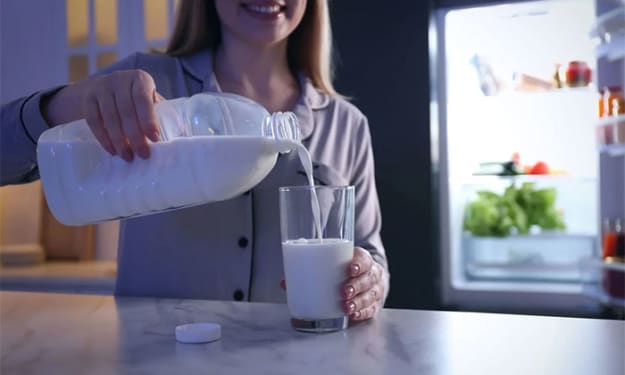Decoding the banana diet that's causing a stir on social media
The Asa diet that has gone viral on social media allows people to eat as many bananas as they want in the morning, stopping when they are about 80% full.

The Asa diet that has gone viral on social media allows people to eat as many bananas as they want in the morning, stopping when they are about 80% full.
The banana breakfast diet was developed by Japanese pharmacist Sumiko Watanabe in 2008, also known as the "Asa Banana Diet". Asa means morning in Japanese. Following this diet, Watanabe's husband successfully lost 17 kg.
The banana diet became popular after the couple shared their weight loss stories on Mixi, Japan’s largest social media site. Bananas quickly sold out at local grocery stores as many people turned to them for dieting. Now, the diet has become a social media sensation in some regions such as Hong Kong, Taiwan, and Southeast Asian countries.
Bananas are a source of fiber and nutrients, providing energy for a healthy morning, while also providing a feeling of fullness for a long time. This helps people not to overconsume food. This fruit is also rich in potassium, low in cholesterol, sodium and saturated fat, helping to regulate body fat and fight toxins.
According to Watanabe, the fiber from the fruit will accumulate in the stomach, causing a feeling of fullness for a long time. Bananas also contain resistant starch, which ferments in the digestive tract, speeding up the fat burning process.
The appeal of this diet lies in its flexibility and simplicity. The follower can eat as many bananas as they like for breakfast and drink room temperature water. According to the instructions, after 15 to 30 minutes, you can drink ginger tea or other thermogenic drinks to warm the body from the inside. The Asa diet also allows one snack per day of candy or chocolate.
The list of foods that should not be consumed in the Asa diet is milk, dairy products, fried foods, cookies, pizza, processed foods and fast food. Watanabe also does not set a strict diet plan. For lunch and dinner, people can eat whatever they like, except for the restricted foods. However, you should not eat after 8pm, do not drink alcohol, caffeine, only drink water.
Practitioners should also stop eating when they are about 80% full - an eating principle that is consistent with the ancient Japanese concept of hara hachi bun me. Residents of Okinawa - one of the Blue Zones (where the world has the most centenarians) - regularly practice this.

Traditional Indian medicine also endorses a similar principle, stating that people should eat until they are about one-third full, and drink the rest with water. Indian sages living in the Himalayas were also famous for their long lives and few illnesses thanks to this practice.
According to nutritionists, the focus of the Asa diet is on health, portion control, prioritizing nutritious foods, avoiding fatty foods . People who follow it are also advised to keep a diet diary and get enough sleep.
According to nutritionist Ruchika Sodhi, University of Delhi, this diet is completely based on the common principles, traditional lifestyle of Japanese people, which is considered healthy.
As with any diet, success depends on your lifestyle and level of physical activity. This is the first step in your weight loss journey, says Sodhi. However, long-term success requires a more holistic approach, such as regular exercise and a balanced and varied diet.
While the Asa diet is quite good, Sodhi recommends that people consult a health care professional before making significant changes to their daily lifestyle.
Because bananas contain a lot of sugar, experts recommend that diabetics should not follow the Asa diet . An average banana has about 120 calories, eating too much can lead to weight gain.
Eating bananas alone can lead to protein or micronutrient deficiencies that can impact your overall health. For a varied diet and sustainable weight loss, Sodhi recommends incorporating a variety of fruits, vegetables, lean proteins, and whole grains.
About the Creator
Ken Daklak
Telling stories my heart needs to tell <3 life is a journey, not a competition
If you like what you read, feel free to leave a tip,I would love some feedback
https://s.shopee.vn/pa9mXcwE?share_channel_code=8
Enjoyed the story? Support the Creator.
Subscribe for free to receive all their stories in your feed. You could also pledge your support or give them a one-off tip, letting them know you appreciate their work.






Comments
There are no comments for this story
Be the first to respond and start the conversation.